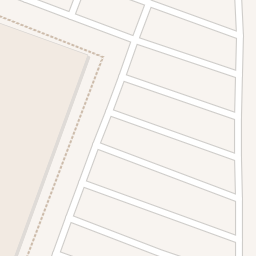


In 1973, Fred Meyer acquired all five Oregon stores of the Valu-Mart discount chain (formerly known as Villa-Mart in Oregon) from its parent company, Seattle-based Weisfield's, Inc. It was the largest Fred Meyer for about a decade. Later in 1968, the first full-fledged Fred Meyer in the Seattle area opened, in Lynnwood, Washington. Roundup owned no stores in Spokane but owned Kalispell, Montana-based B&B stores in northwest Montana and Consumer Warehouse Foods in Soap Lake, Washington.īy March 1968, Fred Meyer, Inc., was operating in four states Oregon, Washington, Idaho, and Montana and had 48 retail stores. Fred Meyer also acquired a Spokane-based grocery wholesaler, The Roundup Company. In the 1960s, Fred Meyer entered the Seattle market by acquiring Seattle-based Marketime Drugs. 1960s–1970s: first acquisitions and founder's death The Fred Meyer Company moved to Swan Island on land formerly occupied by wartime housing for Kaiser Shipyards.

The warehouse had to be condemned and partially destroyed for the freeway, with the state highway commission selling the remaining sections to the Bemis Company. The huge warehouse was built to the detriment of the Banfield Expressway, built in Sullivan's Gulch less than five years later. Neighbors did not want large truck volume in their city, but the area was already zoned for industrial and commercial east of 44th Avenue. In 1951, the Fred Meyer Company built a large warehouse near Providence Portland Medical Center in Laurelhurst, despite complaints and controversy from neighbors and the city council. Meyer would base store locations on planned highway construction.
#Fred meyer meridian plus
The store's innovations included a grocery store alongside a drugstore plus home products, off-street parking, gas station, and eventually, clothing. The first suburban one-stop shopping center opened in 1931 in the Hollywood District of Portland, a neighborhood he deliberately chose through an application of market research: he would pay customers' overtime parking tickets that they incurred while shopping at his downtown store, just to obtain their home addresses. A Fred Meyer store of the 1990s 1930s–1950s: beginnings


 0 kommentar(er)
0 kommentar(er)
